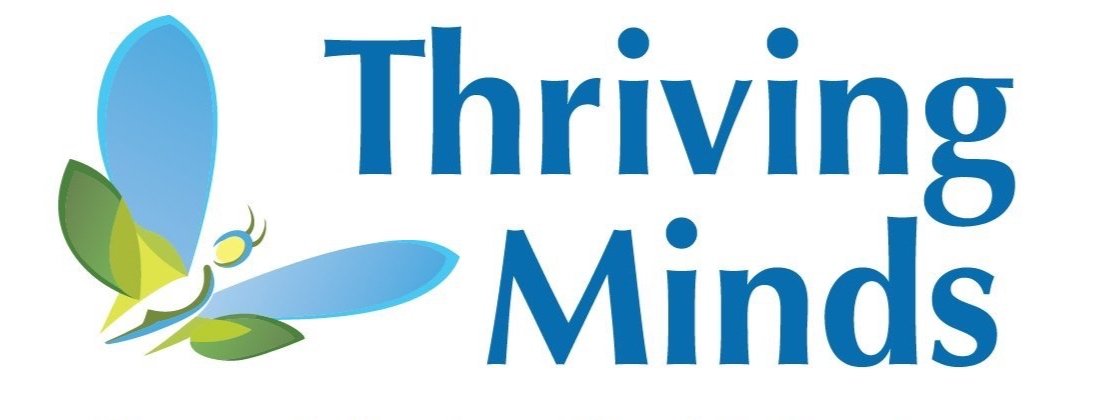Honesty Takes Practice: Understanding Truth-Telling in Childhood
Many kids experiment with the truth as they grow — not to be deceitful, but because they’re still figuring out how to handle emotions, avoid trouble, and navigate complex situations. From insisting they didn’t spill the juice to denying they broke a toy; these moments are often less about defiance and more about developing skills like emotional regulation and social understanding.
Lying often emerges as children gain the ability to anticipate consequences, manage uncomfortable feelings, and think about how others might react. Rather than seeing dishonesty as a problem to fix, it can be more helpful to view it as a teaching opportunity.
Proactively supporting honesty means creating an environment where kids feel safe telling the truth, even when it’s difficult. When adults respond with empathy, teach emotional language, and focus on problem-solving instead of punishment, children are more likely to build the confidence and skills to choose truthfulness over time.
Why Kids Lie — and What It Can Tell Us
From a developmental and psychological perspective, children may lie because:
• They’re trying to avoid getting in trouble
• They’re lying without thinking due to impulsivity
• They don’t want to disappoint an adult they care about
• They feel overwhelmed, embarrassed, or anxious
• They haven’t yet learned how to explain what really happened
• They’re engaging in imaginative play or testing boundaries
Rather than seeing dishonesty as defiance or disrespect, it can be more helpful to see it as a signal that your child is still learning how to manage thoughts, feelings, and social expectations.
How to Support Honesty at Home
Here are research-informed strategies, including those from Michael Bloomquist’s Skills Training for Struggling Kids (Bloomquist, 2012), that you can use in everyday life to nurture honesty in a healthy, developmentally appropriate way:
Notice and Reinforce Honest Behavior
Catch your child being honest — even in small moments. Using a 3-to-1 ratio of praise to correction helps children feel recognized for truth-telling. For example:
“Thank you for telling me the truth about what happened — that shows responsibility.”
Respond Thoughtfully to Dishonesty
If dishonesty happens, calmly acknowledge it and offer a mild, clear consequence. Bloomquist recommends time-limited consequences such as:
24-hour loss of a privilege when a child admits to dishonesty
48-hour loss of a privilege when dishonesty is discovered but not admitted
This approach encourages accountability while keeping consequences proportionate.
Teach Repair and Perspective-Taking
Dishonesty often impacts others. Guide your child to:
Apologize and make restitution to anyone affected
Reflect on the impact their dishonesty may have had on others
This builds empathy and reinforces social responsibility.
Establish Clear Expectations and Follow Through
Children thrive with consistency. Make sure house rules about honesty are:
Clearly defined
Regularly reviewed
Consistently enforced
Also, keep reasonable supervision and check-ins in place — keeping close tabs while emphasizing trust-building.
Use Positive Discipline and Promote Privilege Earning
Rather than using dishonesty as a reason to take privileges away indefinitely, focus on teaching that privileges are earned through responsible and honest behavior. This helps reinforce the idea that honesty is valued and rewarded.
Final Thoughts
Lying in childhood is often a normal part of development, especially as kids learn how to manage emotions, make decisions, and navigate social expectations. In most cases, it’s a reflection of skills still under construction — not a cause for concern. However, when dishonesty becomes frequent, intense, or disruptive, it may be worth exploring further to better understand what your child is trying to communicate.
With consistency, patience, and warm guidance, caregivers can help children build honesty, confidence, and trust. Thank you for all you do to support your child’s growth. We’re here to partner with you — offering evidence-based tools, compassionate support, and expert guidance along the way.

